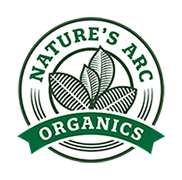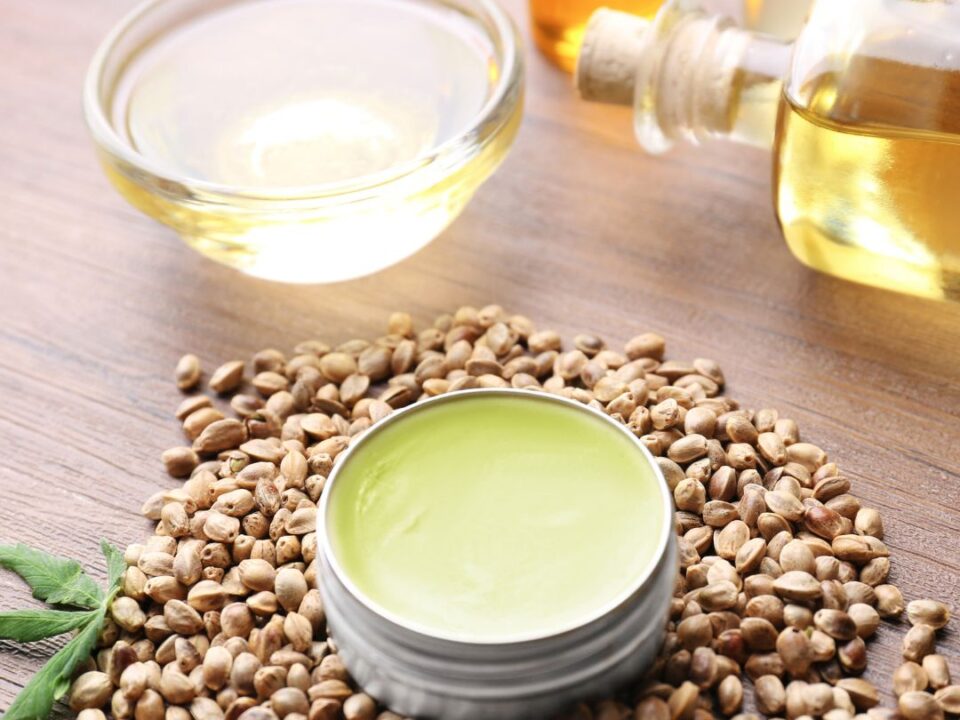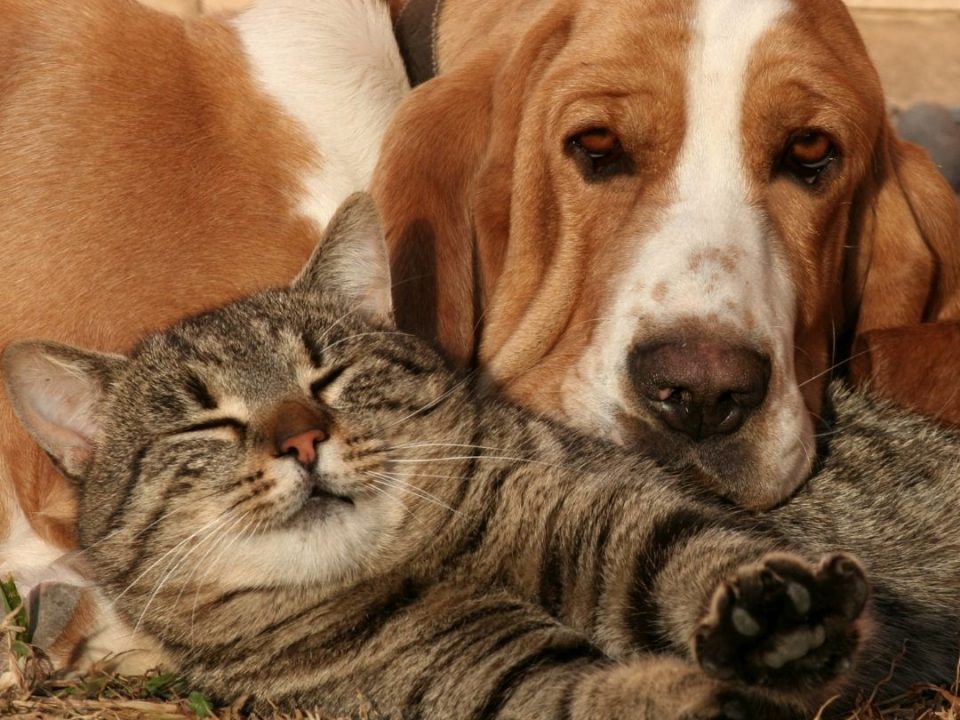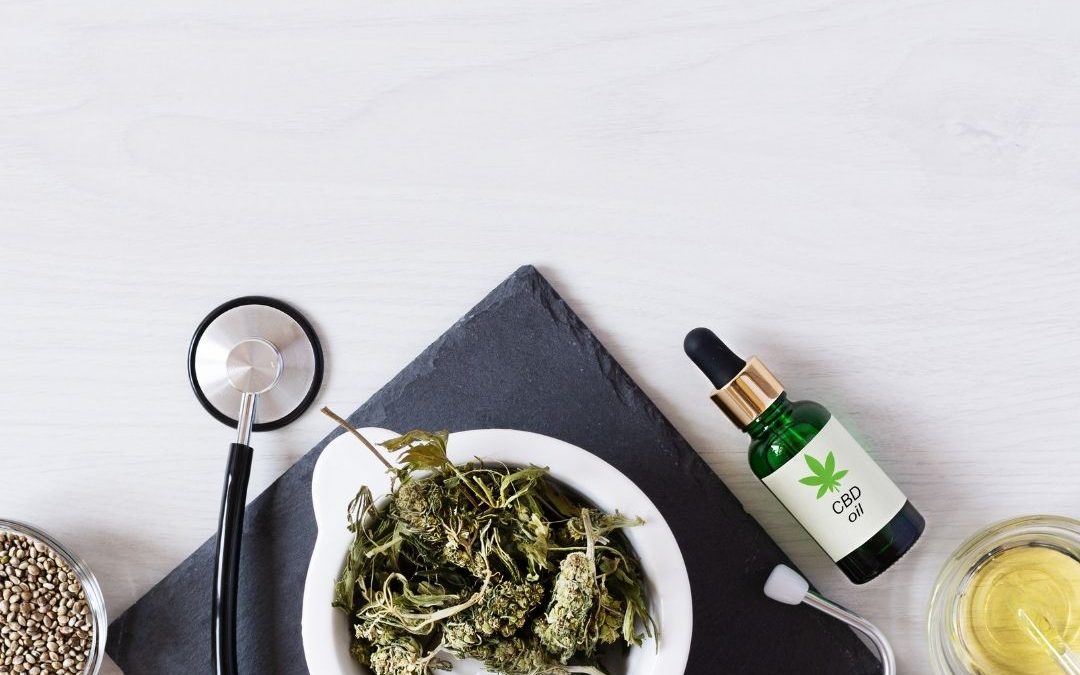
Can you overdose on CBD? This is a popular question for people new to the CBD world to ask. After all, anyone who wants to try CBD will want to know if it is really safe, even in large doses, as many studies have shown and consumers agree.
To quickly answer this question, no, you will not lethally overdose on CBD, but it is possible to take too much and make yourself feel uncomfortable for a few hours.
In this article, we will discuss the safety of CBD, signs that you have taken too much, what happens if you have taken too much, and several other relatable topics to this popular question.
What are the signs and symptoms that you have taken too much CBD?
Cannabinoid receptors are abundant in the brain and spinal cord, but studies show that the lower brainstem contains only a few cannabinoid receptors. So, even if you take a very high CBD dose, there will not be enough cannabinoid receptors to activate and significantly affect our physiological parameters.
CBD also has a weak affinity for the CB1 receptor to trigger any hallucinogenic or psychoactive effects like THC. CBD has not been shown to increase anxiety or cause any form of delusion, paranoia, and other like-wise side effects associated with THC.
There is a broad range of signs and symptoms that vary due to the amount of CBD you have taken.
- Dry mouth. When CBD activates the cannabinoid receptors found in the mouth, it decreases saliva secretion.
- Drowsiness, lightheadedness, and dizziness. These may be caused by CBD lowering the blood pressure since it relaxes the blood vessel walls.
- Loose bowel movements or diarrhea
- Appetite changes
- Nausea and vomiting, especially on high doses of CBD.
CBD also has the potential to interact with other drugs and medications. CBD can also either increase or decrease its effectiveness.
If you are taking prescriptions medications, we recommend speaking with your primary care physician about using CBD. Your primary care physician can give you advice on CBD usage and whether or not it will have any kind of interaction with your other medications regimens.
 Proper Dose of CBD by Product
Proper Dose of CBD by Product
- Tinctures/Oil-
Because the research into CBD is still in its early stages, scientists and physicians have yet to hammer out how much of the compound you should actually take for specific conditions. For that reason, we advise using caution. Always start with a low dose of any type of tincture, full-spectrum, or broad-spectrum oil and work your way up from there. There will be a dosage recommendation on the product. Take half of the recommended dosage, and add a few more drops per dosage until you reach the desired effects.
- Gummies
It is recommended that you take one gummy per day for one week and see how much your issue or ailment has improved. NAYSA CBD gummies taste good and are infused with Full-Spectrum CBD oil or CBD Isolate You will reap all the CBD oil benefits in a great tasting gummy that you don’t have to remember to take several times per day.
CBD Gummies only takes approximately 20-30 minutes to feel the CBD effects begin. You should feel some of the CBD benefits in that time frame and it will continue for several hours.
However, every person is different and needs to take into account your body mass and overall chemistry. This is only a general dosage guideline.
- Isolates
Many people use Isolates as a component of other products, such as in gummies or a part of topical creams. A CBD Isolate can also be used directly on its own, as a tasteless white powder. While this taste-free aspect may be ideal for some, others find it more enjoyable if the powdered CBD Isolate has been mixed into a carrier oil or with honey.
CBD Isolates can be used in the same manner as gummies or oil. One Isolate CBD gummy per day, for one week, and add another half of a gummy if you feel the desired results have not been met.
- Capsules and Softgels
SoftGels and capsules are made with the finest quality CBD, extracted from organically grown hemp, and manufactured in the USA. Full Spectrum, or whole-plant, contains a wider array of cannabinoids and terpenes with less than .3% THC, which is thought to have a synergistic “entourage” effect. Full Spectrum does not contain preservatives or additives, just natural CBD that’s lab tested for quality and purity.
CBD Softgels are most generally taken one per day in the morning to boost mood quality and motivation, and to relieve aches and soreness, or before bedtime to help ensure a good quality of restful sleep.
Can You Build a Tolerance To CBD?
Developing a tolerance means having to take an increasingly higher dose to achieve the same or similar effect as initially experienced on one certain medication. Building tolerance is not to be confused with physical addiction or dependence. For example, people who frequently drink coffee will find that they must drink more to feel the same effects as when they first started drinking it. So, why does the body build a tolerance to a substance in the first place?
Your body’s primary function is to keep itself in a state of homeostasis, or complete balance. When a foreign substance is introduced, whether it is drugs, food, or even water, the body processes it and immediately tries to restore itself to the balance of homeostasis. This explains why frequent consumers of alcohol build a high tolerance to the substance over time because the body gets better at adapting itself to regulating the chemical imbalance to the best of its ability.
CBD is consumed frequently, for most people, it means taking CBD twice a day. Some users, however, use it four times a day because they need more CBD oil in their situation. If CBD actually holds the risk of building a tolerance, it should abide by specific mechanisms that most supplements and medications use.
CBD uses a different mechanism to bind to receptors in the body. It is one mechanism that allows CBD to encourage the production of endocannabinoids and improve the binding affinity of specific receptors in the body. Through this mechanism, CBD can help the endocannabinoid system to maintain balance or homeostasis between all vital processes within the body.
With that being said, the good news is, CBD does not seem to create a CBD tolerance in regular users. This is because CBD does not bind to CB1 receptors in the same manner as other substances. As a result, when CBD binds to these receptors, they don’t become desensitized, causing a tolerance.
So, rather than forcing the endocannabinoid system to become overstimulated and less responsive to the compound over a period of time, CBD enhances its functioning by modulating the activity of its receptors and ensuring more efficient use of the body’s own cannabinoids. Some researchers have even shown that CBD creates a reverse CBD tolerance. This means that users might need to take less and less over time, to see the same results as when they first started their CBD regimen.
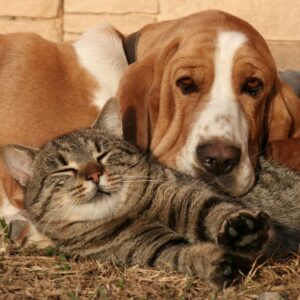 What about Pet’s?
What about Pet’s?
Will My Pet Build a Tolerance?
CBD can offer our pets a number of different benefits. Your pets endocannabinoid system functions the same way as a humans, and your pet will not build a tolerance to CBD. In fact, your pet can also need less CBD overtime for the same great relief results.
If your pet suffers from anxiety, allergies, or skin conditions, then CBD can help support your pets’ immune system and provide relief. CBD can also be used to calm over-energetic pets, helping to ease their mind and body. The most common benefits to expect are:
- Reduced stress and anxiety
- Helps to combat nausea in pets
- Supports a healthy digestive system
- Boosts your pet’s immune system
- Assists in reducing discomfort caused by other conditions
- Improves your pet’s mood
- Helps with recovery processes
- Supports your pet’s joints
These are the most common benefits that you can expect when your dog takes a regular dosage of CBD.
CBD Dosage for Pets
The correct CBD dosage for pets will greatly depend on the condition that you are trying to help releive and also the size and weight of your dog. There are no official standard guidelines or regulated doses for a dog to take CBD, but there are a couple of general guidelines to follow.
For starters, you can take a look at CBD dog treats or oil to see the recommended dosages based on your dog’s size and weight. Some dog treats are targeted at bigger dogs, meaning the dosage is higher. You may also want to consider specially-formulated CBD oils that are designed for dogs. These will have suggested uses that are easy to follow, and the strength of the CBD oil will be balanced around healthy dosages that are safe for dogs.
Can I Give My Pet Too Much CBD?
Accidentally giving your pet a high dose of CBD oil can result in adverse side effects. However, the good news is that a pets’ most common reaction is to sleep off these effects, and a high dose may possibly give them diarrhea. Namely, CBD does not react with brainstem receptors and does not cause respiratory depression in humans or pets. Plus, most animals can only utilize so much CBD, and the rest will remain a waste.
What to Look For in a Quality CBD Product
1. The best CBD products are made using supercritical CO2 Extraction.
This process ensures the extract is pure, free, and clear of any additives or residues. This is often not the case with other extraction methods. You should avoid using CBD Products that were made using propane, pentane, butane, or hexane. These extraction methods leave behind dangerous chemical contaminants.
2. Quality Products are Grown Naturally.
Cannabis is a hyper-accumulator plant. This means the plant absorbs literally everything in the soil it grows in. Much of what it absorbs can be useful and even full of nutrients such as vitamins and minerals. However, depending on the soil and its contaminants, there can be harmful chemicals such as petroleum or lead. Premium CBD products will be sourced on a farm that is FDA regulated and soil testing is required.
3. Third-Party Testing
The CBD product itself should be verified by a Third-Party Independent Testing Facility. A CBD company you can trust will make the lab results public. This information might be found on the bottle or box it came in, on an insert, or published on the company’s website.
4. The Price is too good to be True
You don’t have to buy the most expensive CBD product on the market, just look for helpful customer reviews and reasonable pricing. Premium CBD products are not cheap to make, so if the price is very low, it is a sign those products are made with inferior ingredients and may contain little to no CBD
5. Whole Plant Extracts
CBD products made from whole-plant extracts are also called full-spectrum or broad-spectrum CBD. These products are usually a higher quality products than CBD isolates. Whole-plant CBD contains other cannabinoids and terpenes that work with CBD to make it more effective.
6. No Medical Claims
A ton of research, plus personal testimonies make it clear that CBD is a truly remarkable product. However, it is not approved by any government agency as a medical treatment. CBD falls into the vitamin and supplement category. No company can legally claim its CBD products can cure any medical condition. So if you are looking at a product that makes steep medical claims, steer clear of that product and company.
7. Premium CBD Contains Less than .3% THC
CBD oils made from premium hemp contain less than .3% THC. This is not enough THC to give you the “high” effect of the cannabis plant. Low-quality products may not have a minimal amount of THC, this can be the result of products that go thru a sub-standard extraction process, or are not third-party tested. The 2018 Farm bill made CBD products derived from hemp and carrying less than .3% THC legal in all 50 states.
If you are looking for a reputable CBD Product, you can trust Nature’s Arc Organics. All of our products are produced at FDA-registered facilities and are third-party tested for strict quality control from the field to the product. You can browse our complete lineup of premium CBD products from our homepage. If you would still like to learn more check out our Ultimate Guide to CBD.
“These statements have not been evaluated by the Food and Drug Administration. This product is not intended to diagnose, treat, cure, or prevent any disease.”
